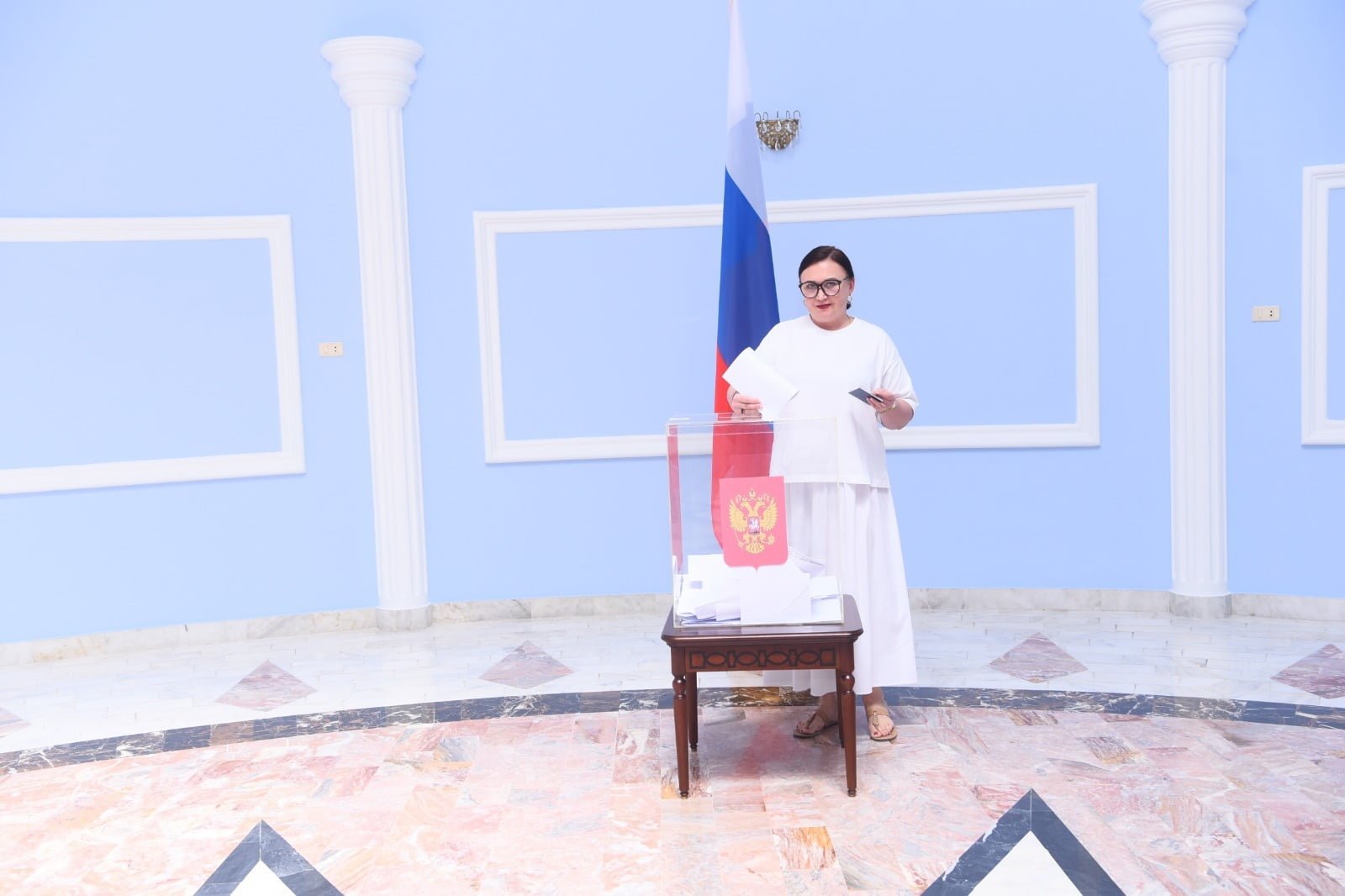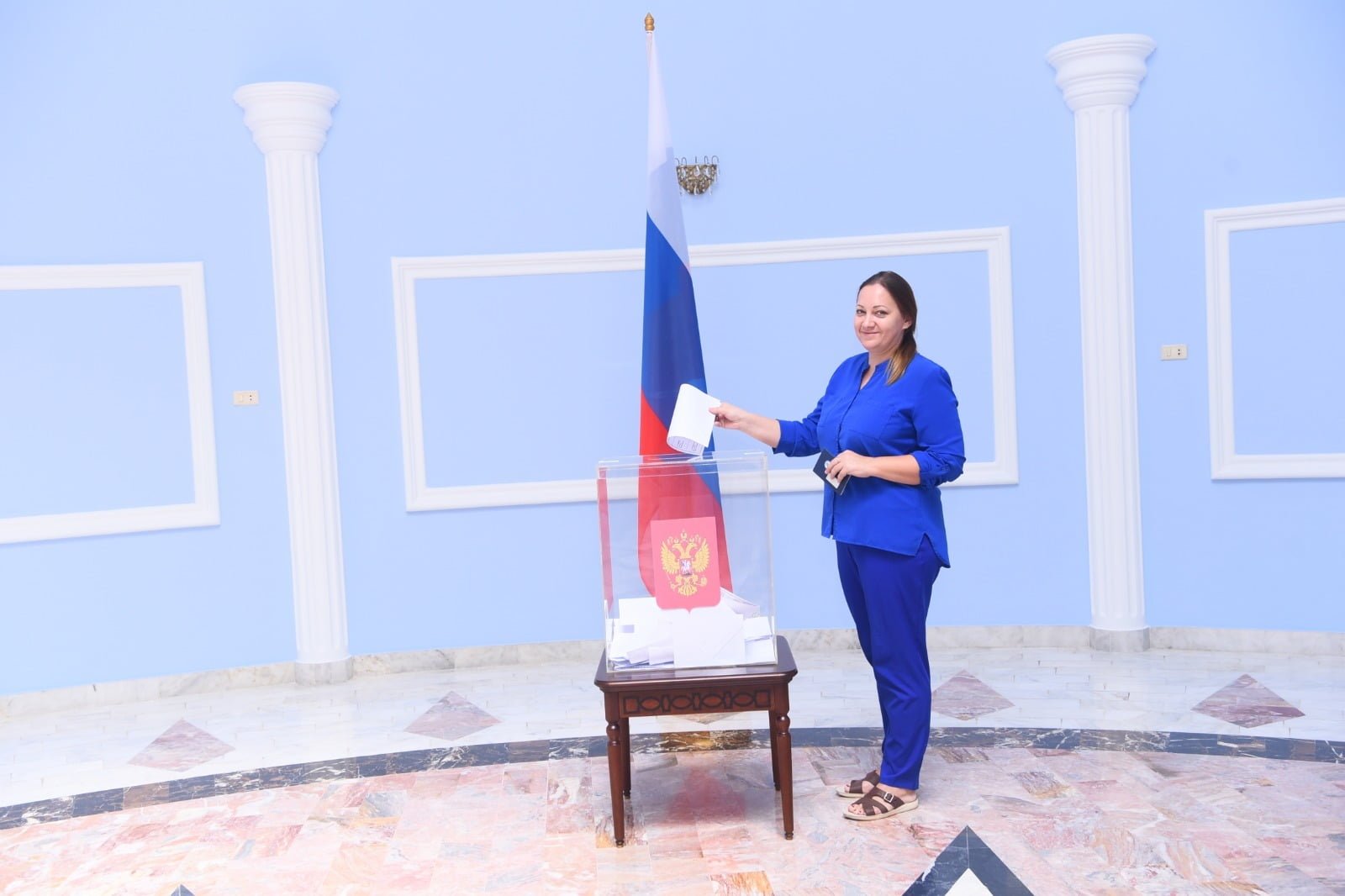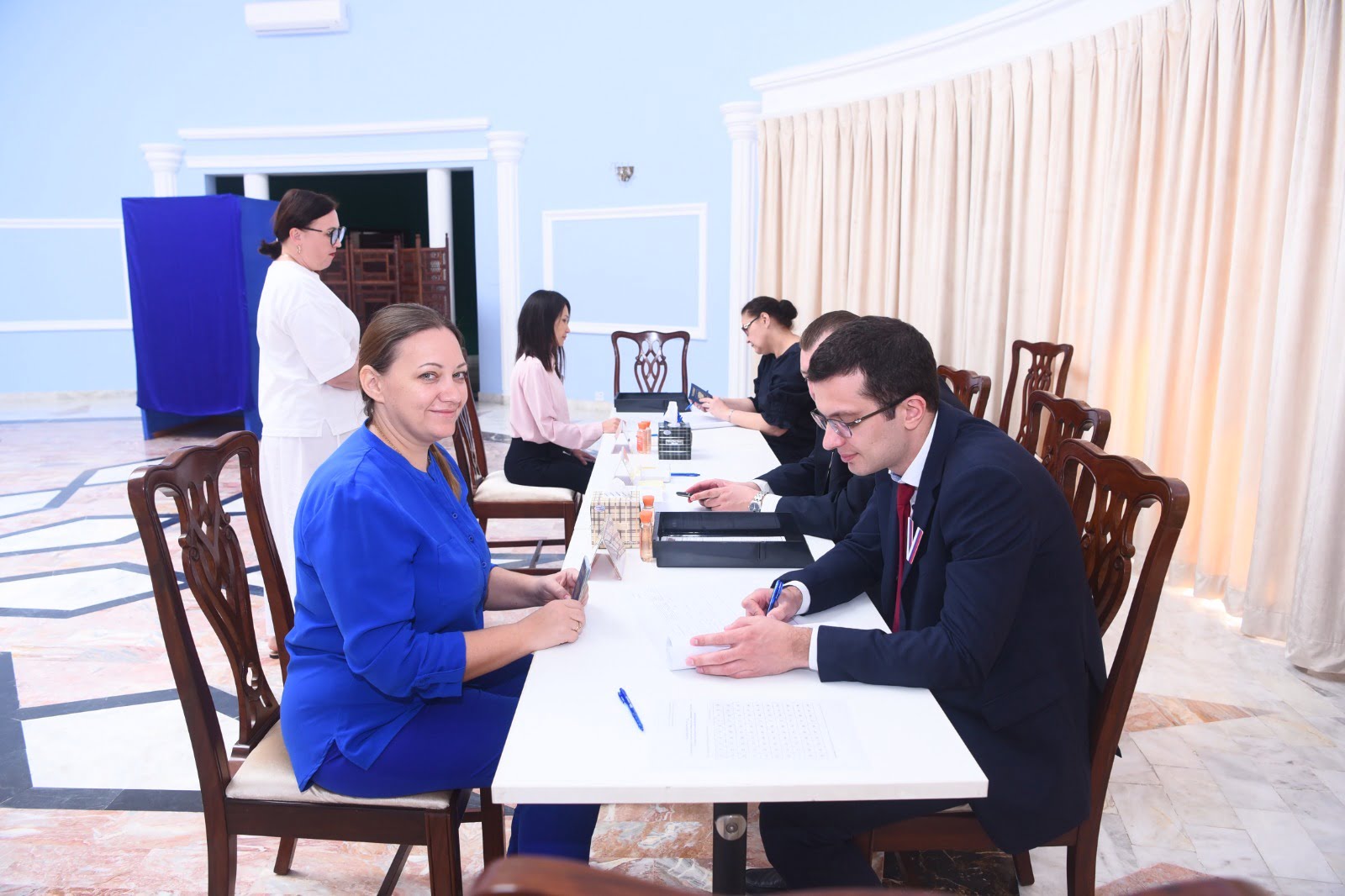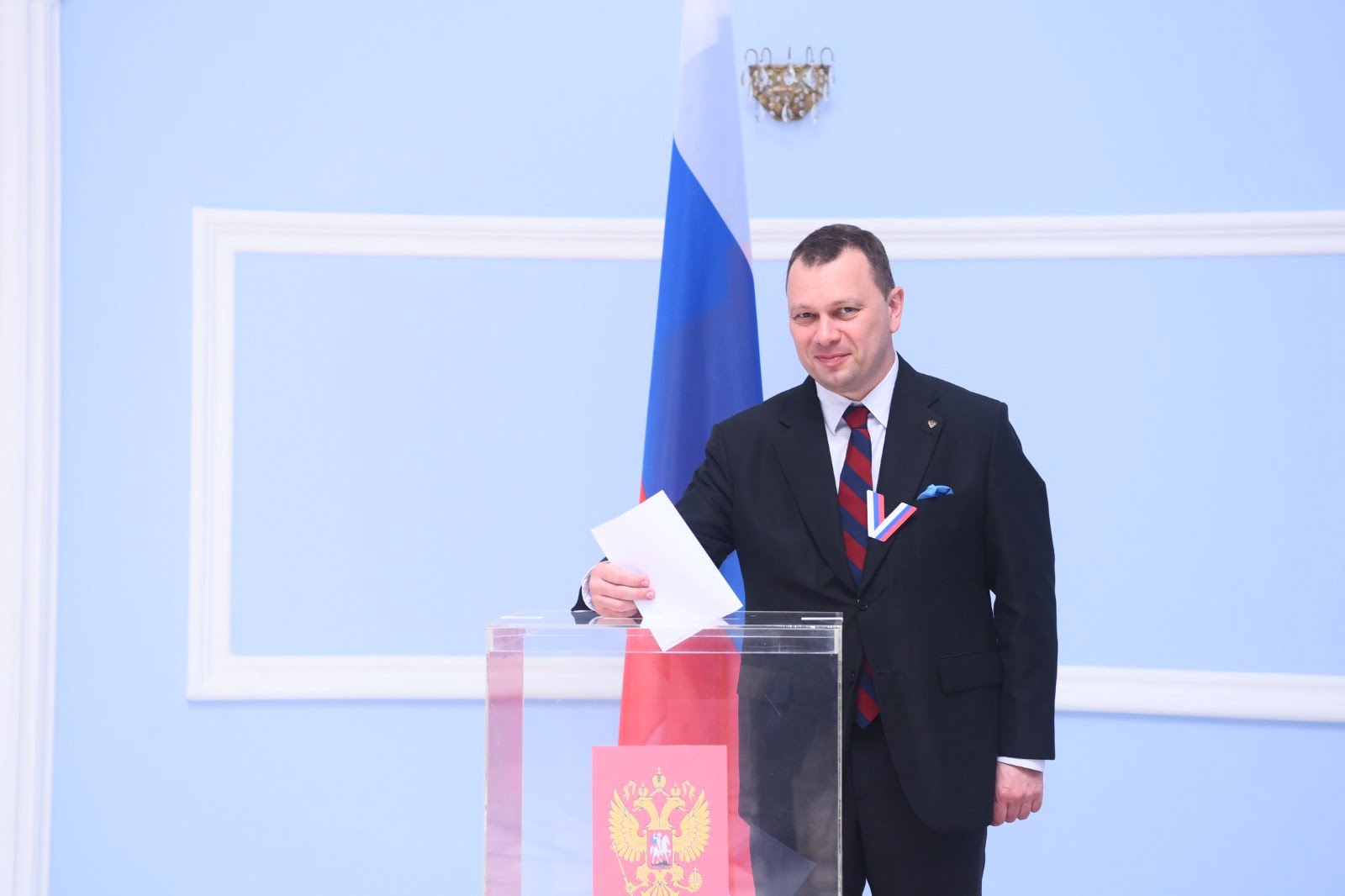Amidst the Russian presidential elections, both domestic and expatriate Russians participated in the democratic process, resonating globally with implications for Russia’s future and its international relationships.
Today marks the awaited announcement of the election results, stirring anticipation among observers worldwide. The presidential elections have garnered widespread attention, holding profound significance for Russia’s trajectory and its global interactions. Against a backdrop of geopolitical complexities, including tensions with the West and conflicts in regions like Gaza, the reelection of Vladimir Putin could have far-reaching consequences beyond Russia’s borders.
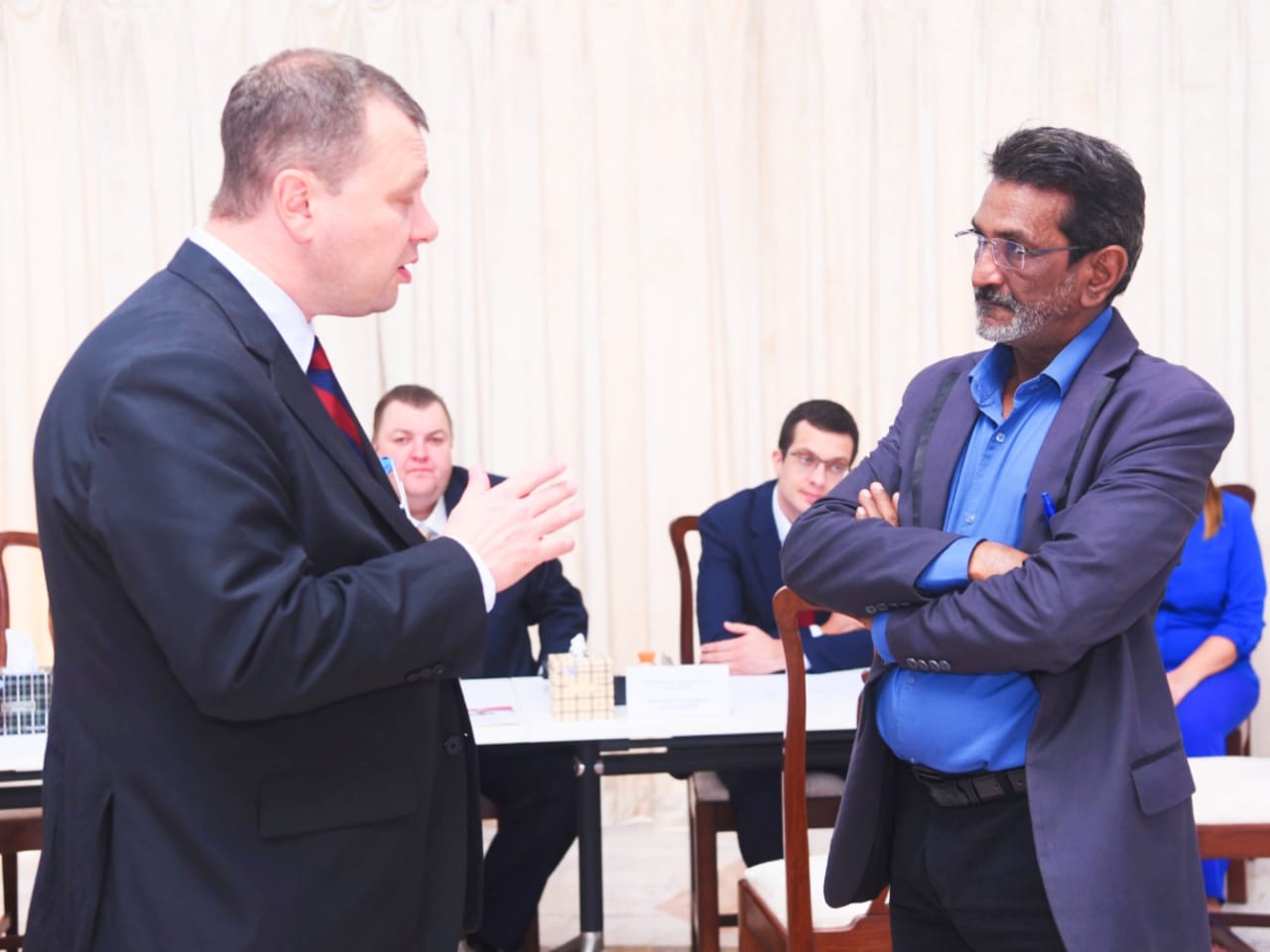
The steadfast support of the ruling United Russia party for Putin underscores the internal political landscape, indicating a continued consolidation of power. However, it is the collective voice of the Russian populace, encompassing both domestic and expatriate communities, that ultimately shapes the nation’s path forward.
During the expatriate polling process, Counsel General of Russia in Karachi, Andrey V. Fedorov, emphasized the fairness and transparency of the electoral process, highlighting the commitment to upholding democratic principles. Fedorov’s remarks underscore the importance of ensuring a free and fair election within Russia and among its expatriate communities.
Fedorov’s remarks come amidst ongoing geopolitical developments, he remained optimistic about the stability of Russia’s long-term policies. Moreover, he expressed hope for the strengthening of bilateral relations between Russia and Pakistan, highlighting the strong ties between the leadership of both nations.
Read also: Putin: Russian Scientists Close to Developing Cancer Vaccines
As the world awaits the results of the presidential election, the interplay between domestic politics and global dynamics becomes increasingly evident. The outcome will not only shape Russia’s future but also set new horizons for international relations, underscoring the interconnectedness of the modern world.
In the face of complex geopolitical challenges, the democratic exercise of voting serves as a cornerstone of Russia’s political system, reflecting the will and aspirations of its citizens. Whether it’s strengthening domestic stability, fostering international cooperation, or navigating global uncertainties, the presidential election marks a pivotal moment in Russia’s ongoing journey.
Constitutional reforms in 2020 would allow Putin to seek two additional six-year terms after his current one if comes to power. If successful, Putin could extend his rule until 2036, making him one of the longest-serving leaders in Moscow’s history.
Putin’s policies have been characterized by a strong emphasis on centralized government and national security. Economic stability and social welfare programs have also been priorities.
Putin’s high approval rating, which reached 86 percent in February, reflects a level of domestic support that cannot be ignored.



